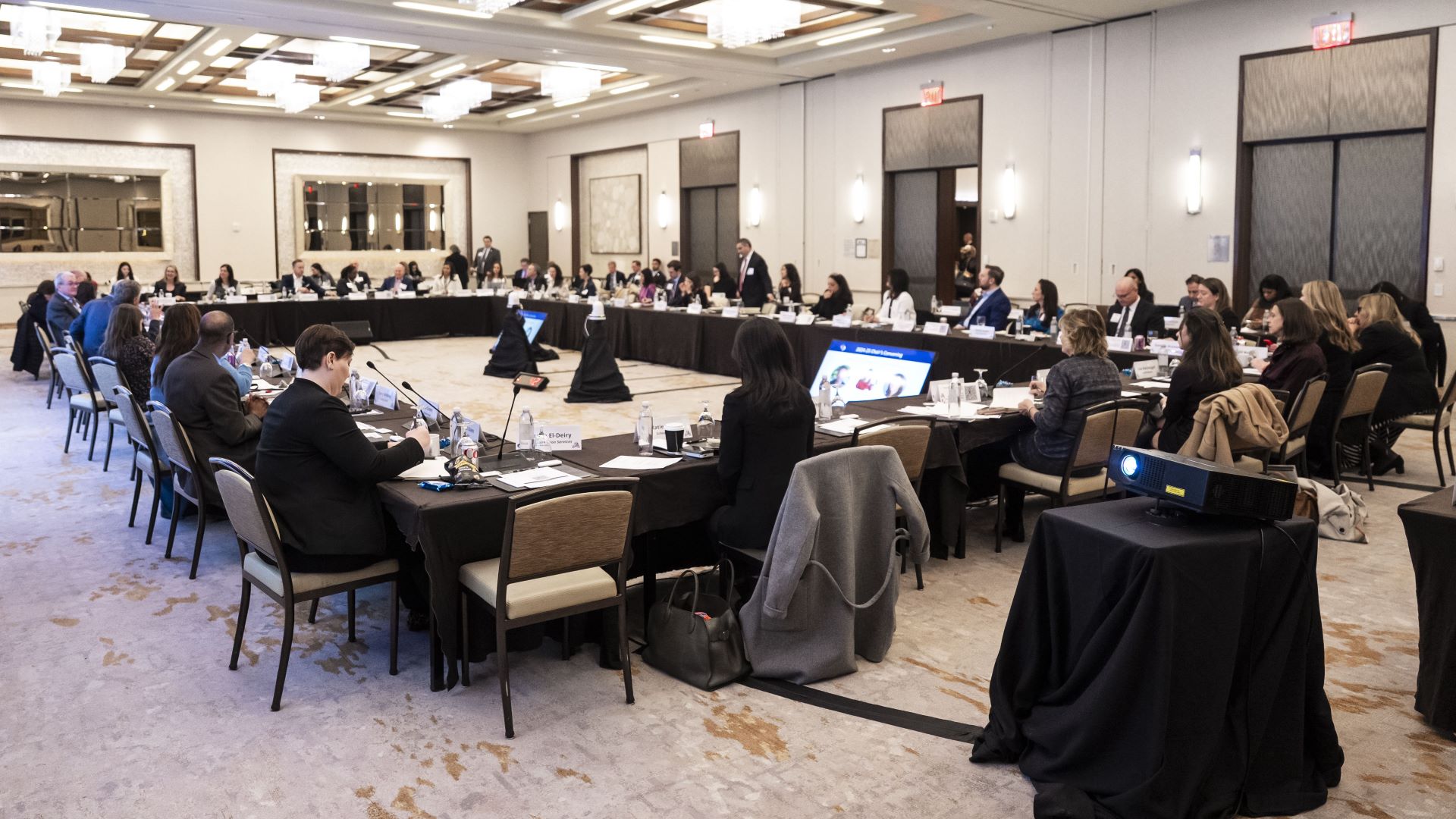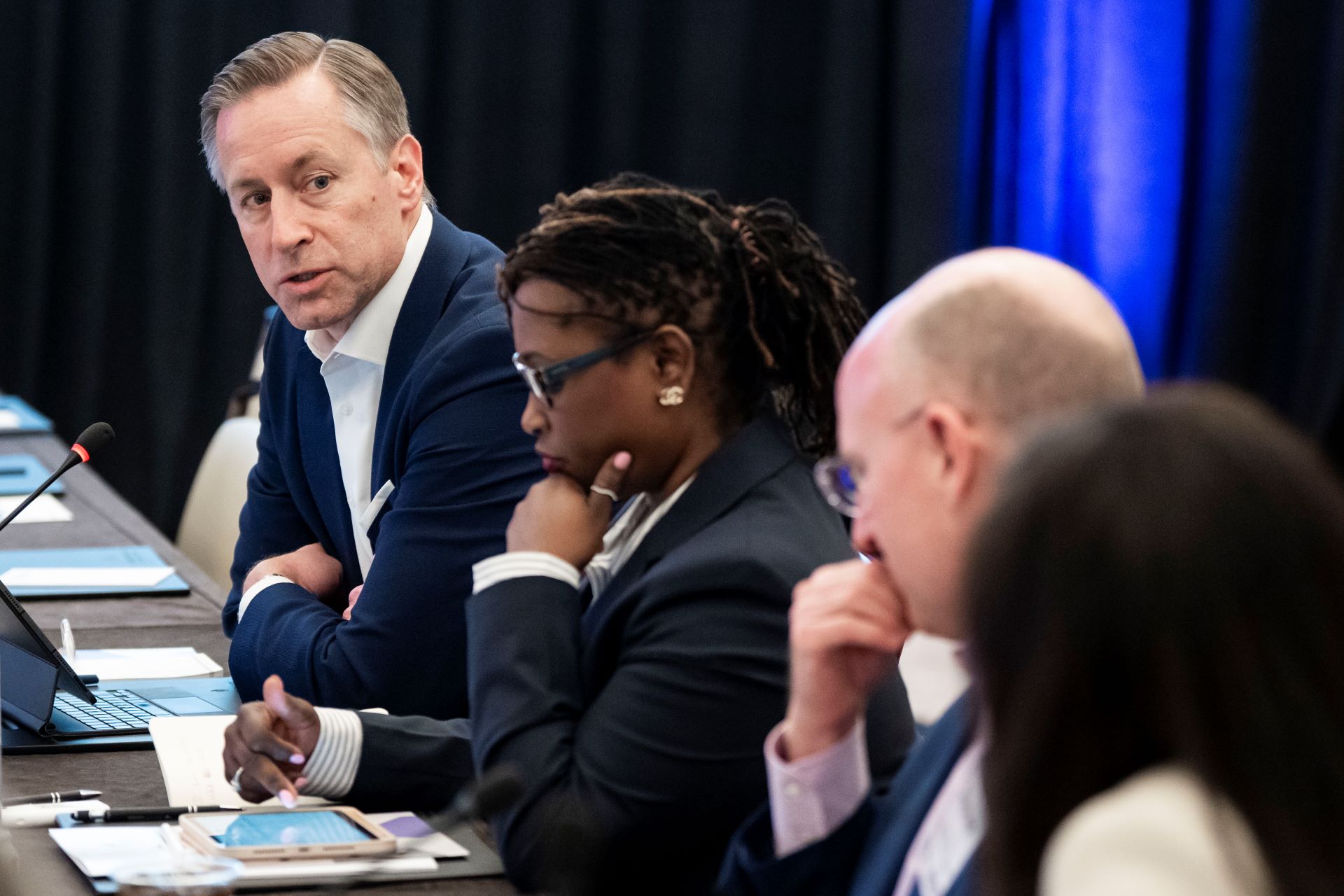
On behalf of the nation’s Governors, legislators, mayors, cities, counties, state transportation officials, state motor vehicle administrators, and highway safety officials, we urge Congress to ensure that any legislation being considered that contemplates laws governing autonomous vehicles respects and maintains the role of state, territorial, and local governments to ensure that proper safety measures are in place on roadways operated and maintained by our respective governments.
The regulation of motor vehicle safety, which includes the design, construction, and performance of a motor vehicle (in the traditional manner, as defined in Title 49 Sections 30102 and 30111) is, and should remain, a federal obligation. However, state, territorial, and local governments are the primary authorities concerning operational safety, including regulating the operation of motor vehicles after such vehicles have been constructed, the operators of those motor vehicles, as well as establishing the rules of the road on how motor vehicles can be safely operated on public roadways. It is critical that states and territories retain the unburdened authority to enforce federal and state traffic safety violations, to act decisively against imminent public safety hazards, and to respond to individual traffic incidents as well as the broader, rapidly changing traffic environment.
Under the long-standing state-federal transportation framework, the states, territories, and local governments have the authority to originate and establish laws and regulations governing the operation of motor vehicles on a public road (be they operated by a human driver or a vehicle decision- making system) and to enforce those laws for the safety of the public. Anything less than the federal government reinforcing state and local existing authorities is federal overreach. Anyencroachment into these authorities could inadvertently create cascading effects of unacceptable uncertainty on state, territory, and local public safety laws and regulations.
Our groups agree that the federal government is primarily responsible for the regulation of interstate transportation and commerce. We also support a strong safety oversight role of vehicle designs and recalls from the U.S. Department of Transportation. However, in return, we must ask for Congress’s continued strong support for states, territories, and local governments retaining uninterrupted authority to set safety policies on their own roadways and act decisively against imminent public safety hazards.
Given the magnitude of potential safety and mobility improvements, fostering the safe development and deployment of this innovative technology is important to all levels of government – federal, state, territory, and local. Successful implementation of autonomous vehicle policy will require adhering to the appropriate balance between the respective state-local and federal responsibilities. The appropriate level of preemption delineating this symbiotic relationship is already established and has served across a spectrum of varying technological innovations. State, territorial, and local authorities are already well positioned to welcome these life-saving technologies into their jurisdictions without additional preemption.
We must approach these issues in a pragmatic, thorough, and thoughtful manner to ensure that safety on our nation’s roadways remains a top national priority. We look forward to working with Congress to develop policy that ensures states, territories, and localities maintain roadway safety for our residents.
As legislative proposals move forward in this Congress, we urge adoption of provisions that affirm and respect this proper balance of governmental authorities.











